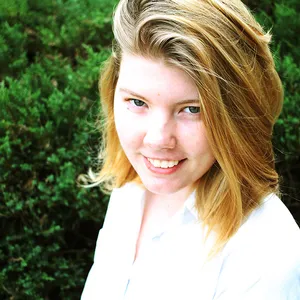My sleeping schedule has probably been a bit off since high school started, honestly. I either want to sleep at 9 pm or I stay up till 3 am, and I have had a startling amount of nights where I just couldn’t fall asleep at all in the past two years. I’ve tried reducing my caffeine intake overall, and I’ve tried restricting the times when I could drink coffee. The only trick that did seem to work at all was sticking to a strict bedtime routine, one that I have become pretty obsessive about in the past few months.
Regardless of my schedule, though, I still have nights where I can’t find a way to fall asleep on time, making me groggy and cranky in the morning when my alarm goes off. When my friend recommended sleep hypnosis as a possible solution to my sleep problems, I honestly wanted to laugh. A YouTube video was going to cure my sleeping problems? Sure.

Photo courtesy of youtube.com
I tried to look into the science behind sleep hypnosis and couldn’t find much about it specifically. While research has found that mindfulness meditation can help fight insomnia and improve sleep, it’s hard to find any research on the specific sleep meditation that I had been recommended. However, you can find plenty of research, like that done by William Ray, Ph.D., professor of psychology at Penn State, which shows that hypnosis is not a state of sleeping.
According to his research, a person undergoing hypnosis is actually hyper-attentive. In this state, a person’s subconscious is “highly open to suggestion.” Does this mean it’s the perfect state for falling asleep then? JThe jury’s still out on that.
Day 1
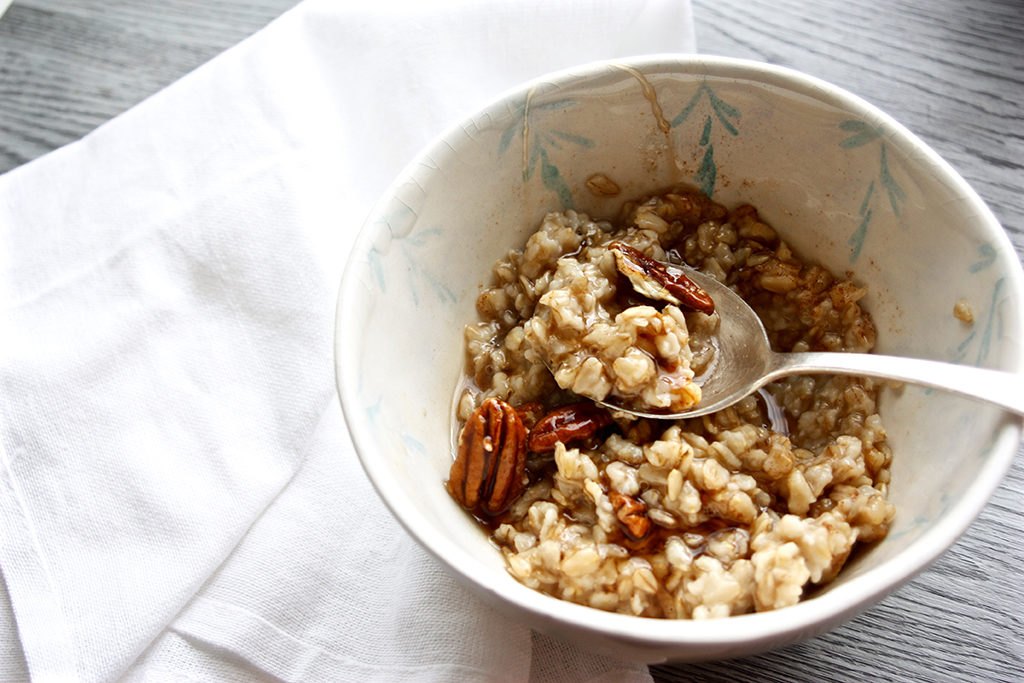
Photo by Christin Urso
For my first night of sleep hypnosis, I started to go to bed at 10:30 pm because I had to get up early in the morning. I was a little restless before going to sleep because I was nervous for my second day of my internship the next day. I put on the track anyway and decided to just go with it.
I was out before it even finished.
Though I did wake up twice with nightmares, I’m going to chalk that up to anxiety over my internship and the fact that I read a scary story that day (scary stories + me = no). In the morning, I didn’t really realize any difference in how my sleep quality was. I didn’t really want to get out bed (what’s new) and only managed to get myself up because I realized in was now or no breakfast.
Day 2

Photo courtesy of youtube.com
On Day 2, I really didn’t want to go to sleep but I knew I really had to. I fight this every night. I get super tired around 6:00-7:00 pm when I get home from my internship (or school, during the semester) and want to immediately cash out. But I push through it to get past dinner, write an article, and do any other ‘housekeeping’ things I need to do.
Unfortunately my brain, despite being so tired that my eyes were drooping, would rather listen to music and read than actually go to bed right then. So at 9:45 pm, I curled up in bed with my lights off and started to read for a bit (part of my everyday sleep routine) before starting another track. I had the hardest time actually focusing on the track (maybe it was because I was playing the same one as last night?) and I swear I listened to all of it before falling asleep this time.
Waking up didn’t seem any different than normal. I didn’t have any weird dreams that night that I can remember which supported my theory that my nightmares the night before wasn’t due to the sleep hypnosis track.
Day 3
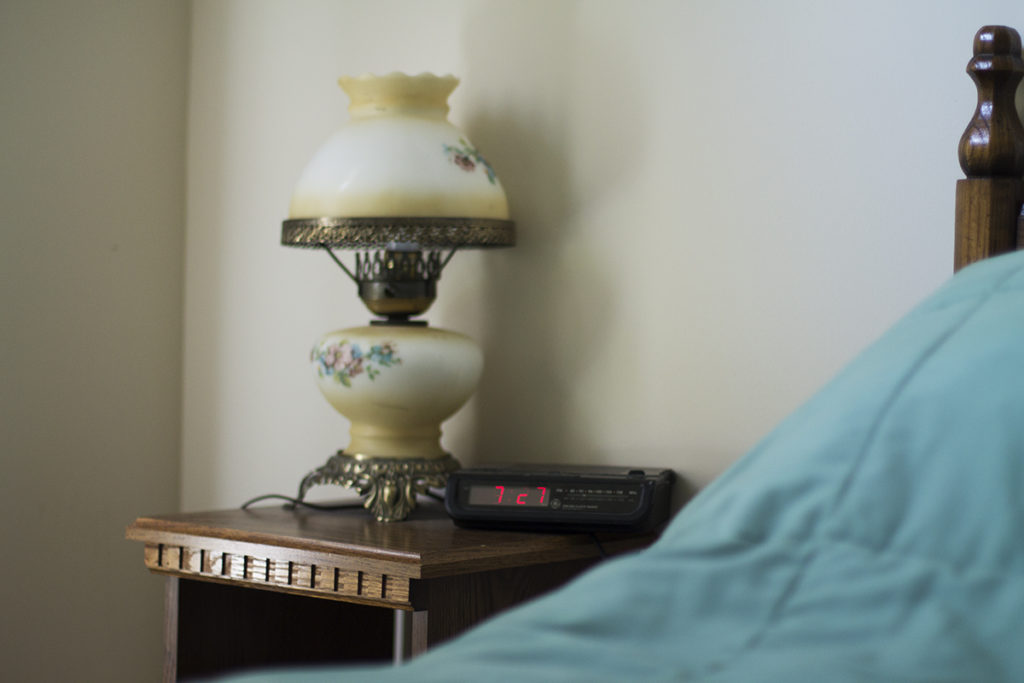
Photo by Allyson Busch
I felt a little silly playing the track on Day 3 because it was the only night that I didn’t have to wake up early the next day for, meaning I could fall asleep whenever I wanted to. Nevertheless, I set it up anyway because #science.
I woke up once during the night. I’m not sure when but it happened. Since I didn’t have to wake up early for anything it wasn’t really an issue. At this point, I was starting to think the sleep hypnosis wasn’t doing much of anything for me.
Day 4
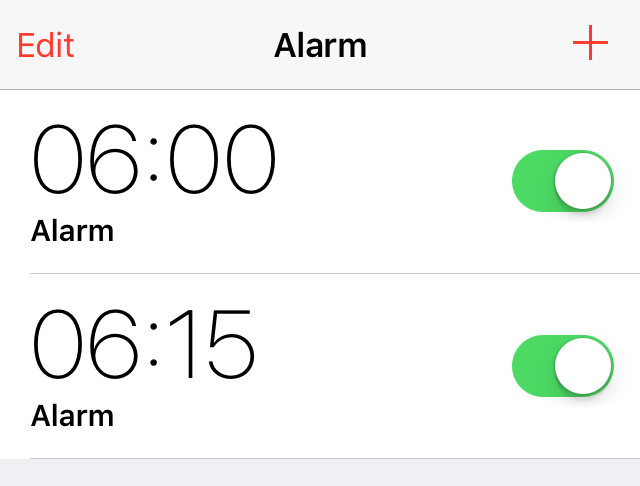
Photo by Allyson Busch
Unlike the day before, on Day 5, I did have to wake up early for work so falling asleep on time was pretty important to me. I fell asleep pretty quickly into the recording and barely woke up throughout the night. I woke up feeling surprisingly well-rested and ready to take on my morning daycare shift.
Halfway through the day, though, I started feeling not so well and actually ended up curling up in bed around 10:00 pm to call quits on the day.
Day 5
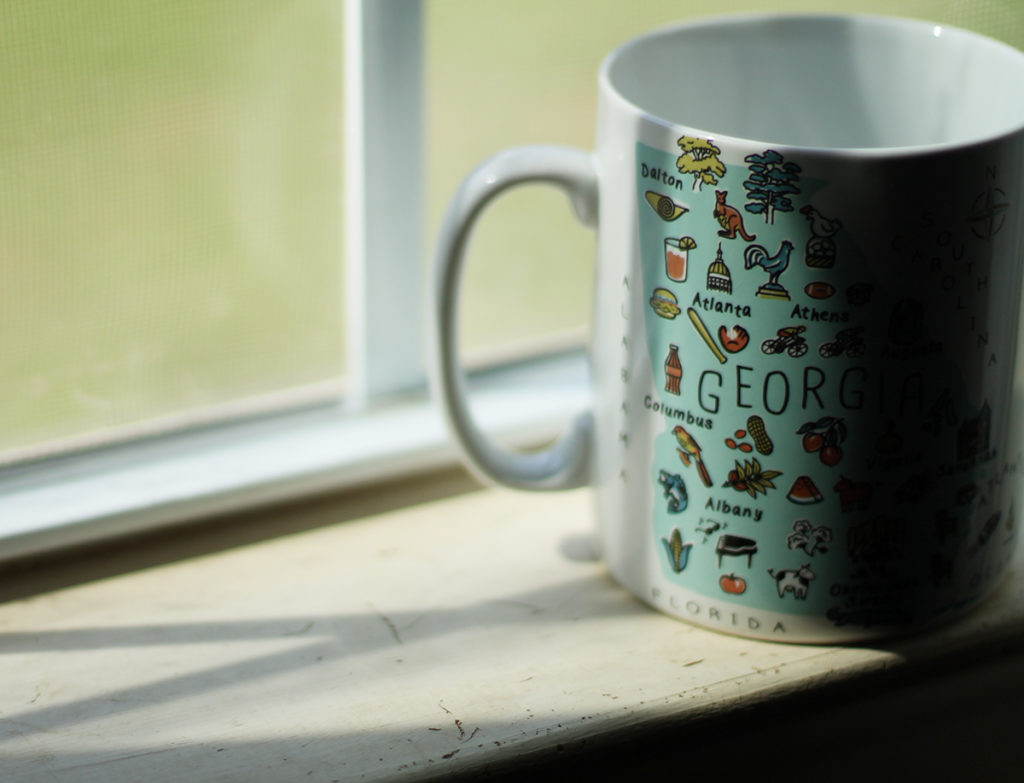
Photo by Allyson Busch
On my last day of the experiment, I really didn’t want to continue. I was tired of the recording and I just wanted to go to sleep so I could get rid of the yucky feeling that I had been dealing with for half the day. However, I am a diligent researcher – if nothing else – and dutifully put on the recording before turning out the lights.
Waking up in the morning felt anticlimactic, honestly. I didn’t feel any better rested than I had the week before. After 5 days of sleep hypnosis, I determined that it did little if nothing for my sleep quality. While it might have made falling asleep easier, that could also be exhaustion from my first week at my internship.

Photo courtesy of youtube.com
Apparently some people are more easily hypnotized than others, according to research. The reason, though, is not well understood. One clue toward a person being more susceptible to hypnosis is the amount in which the person becomes “engrossed in day-to-day activities” such as reading. It may be possible that I’m not one of the people that are very reactive to hypnosis, meaning the sleep hypnosis wouldn’t have that much of an effect on me.
Regardless of my susceptibility to the sleep hypnosis, though, would I recommend it to a friend? Probably not. It wasn’t worth the effort to remember to do it for me. Also, it was pretty creepy.


